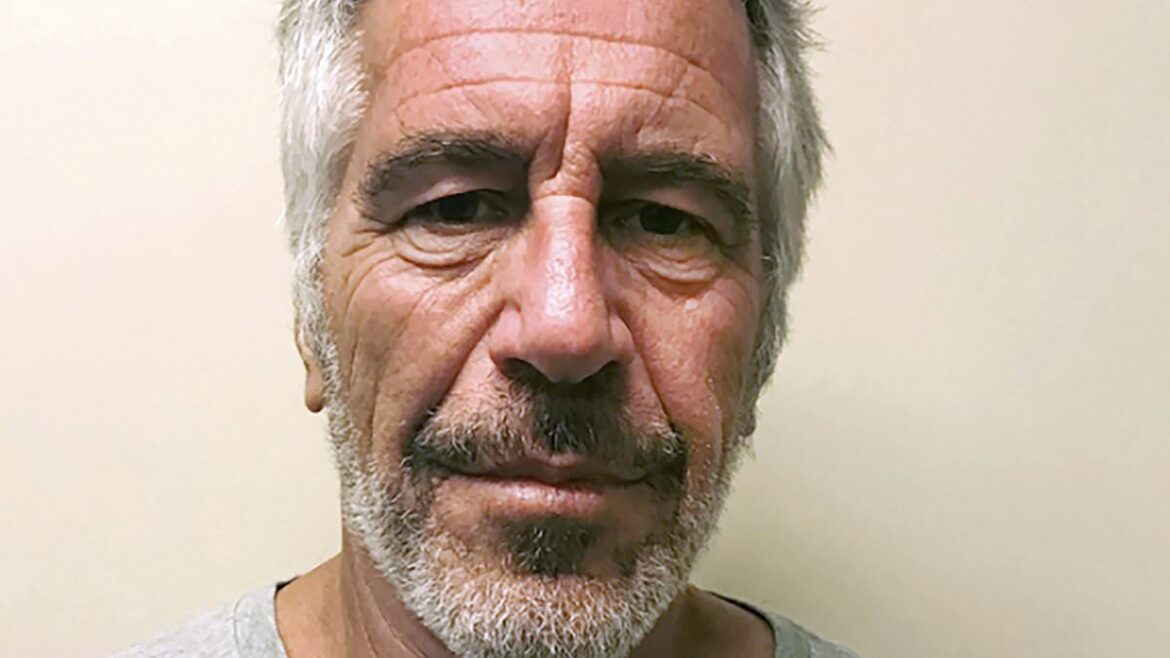Even years after Jeffrey Epstein’s death, his shadow still looms large over American politics and law enforcement.
The latest twist in the story? The Department of Justice (DOJ) is refusing to reveal the names of two people closely tied to Epstein who received massive cash transfers from him just months before his 2019 arrest.
The secrecy around these names has reignited questions not just about Epstein’s network, but also about how much influence he may have tried to buy in the months before he was finally put behind bars.
The Hidden Payouts
Court records show Epstein sent two large payments in late 2018—$100,000 to one associate and $250,000 to another.
This was around the time media outlets began revisiting the sweetheart 2008 Florida plea deal that allowed him and his associates to escape serious charges.
Prosecutors at the time argued these payments were more than just financial favors.
They suggested Epstein was attempting to influence potential witnesses and secure loyalty from people who might otherwise speak out against him.
Who Were the Recipients?
That’s the million-dollar question—or in this case, the $350,000 one.
Both recipients were protected under the non-prosecution agreement (NPA) Epstein secured in Florida back in 2008.
One of them even appeared prominently in a Miami Herald investigation into the case.
Court documents also state that one of the recipients was directly accused of helping Epstein arrange meetings with underage victims at his New York and Florida properties.
The DOJ Holds the Line
Despite the growing public interest, the DOJ has declined to name these individuals.
When NBC News petitioned the court to reveal them last month, U.S. Attorney Jay Clayton pushed back.
His argument? These associates are still “uncharged third parties” with privacy rights.
NBC has until September 12 to respond, but unless the court intervenes, those names may remain hidden indefinitely.
Trump, Epstein, and a New Twist
The Epstein case has once again collided with politics.
Speaker of the House Mike Johnson made headlines after claiming Donald Trump once acted as an FBI informant against Epstein.
Johnson insisted Trump was horrified by Epstein’s crimes and had even banned him from Mar-a-Lago after learning rumors about his behavior.
But Trump’s own public comments have been confusing.
As recently as this week, he dismissed the Epstein scandal as a “Democrat hoax,” while also insisting Epstein’s crimes were real but irrelevant to his presidency.
Broken Promises on the “Epstein Files”
During his latest presidential campaign, Trump pledged to release all of the Epstein investigation files.
His supporters expected transparency, especially given the financier’s mysterious death in a Manhattan jail cell in 2019.
But in July, the DOJ ruled that Epstein died by suicide, found no evidence of blackmail against powerful individuals, and stated there was no secret “client list.”
That decision frustrated Trump’s base, some of whom now accuse him of backtracking.
MAGA’s Growing Divide
The disappointment among Trump’s supporters is clear.
Many believe the administration has failed to deliver on its promise to shed light on Epstein’s network.
The frustration has been so strong that it’s caused cracks within Trump’s coalition.
Even Trump himself took to Truth Social to downplay the controversy, writing that America should not “waste Time and Energy” on Epstein.
That message didn’t sit well with large parts of his movement.
A Push in Congress for Answers
While the DOJ resists, lawmakers are trying to force transparency.
A bipartisan group in the House, led by Democrat Ro Khanna and backed by Republicans Marjorie Taylor Greene and Thomas Massie, is pushing a bill to make the Epstein files public within 30 days.
Massie has already gathered 214 signatures in support—just four shy of the 218 needed to force a vote.
Greene and Massie have even promised to read out the names on the House floor if they get access, using their constitutional protection from defamation lawsuits.
Why the Secrecy Still Matters
The Epstein case continues to spark outrage because it isn’t just about one man’s crimes—it’s about who else may have enabled, protected, or benefited from him.
The fact that the DOJ is still keeping names under wraps fuels speculation that the full story hasn’t been told.
As the September 12 deadline approaches, all eyes are on whether the courts or Congress will finally break the silence, or whether Epstein’s secrets will remain buried.
What Comes Next?
The fight over the Epstein files is far from over.
With the DOJ digging in, Trump’s base demanding answers, and Congress inching closer to forcing disclosure, the next few weeks could be critical.
The big question remains: will the American public ever learn the full extent of Epstein’s connections—and who exactly was protected by his money and influence?
